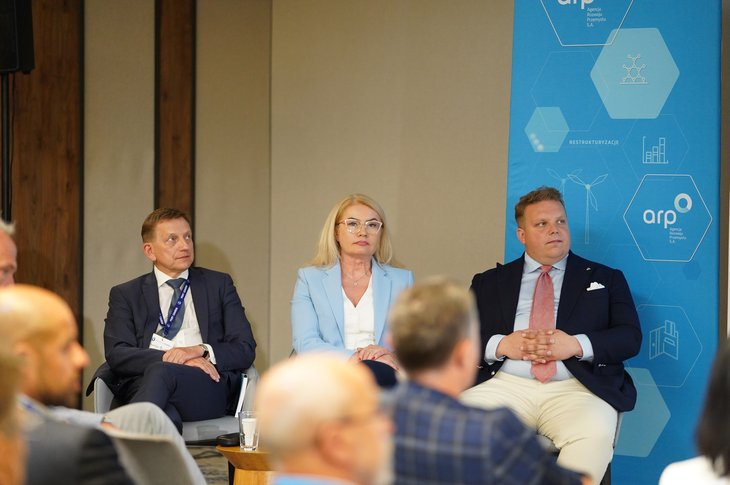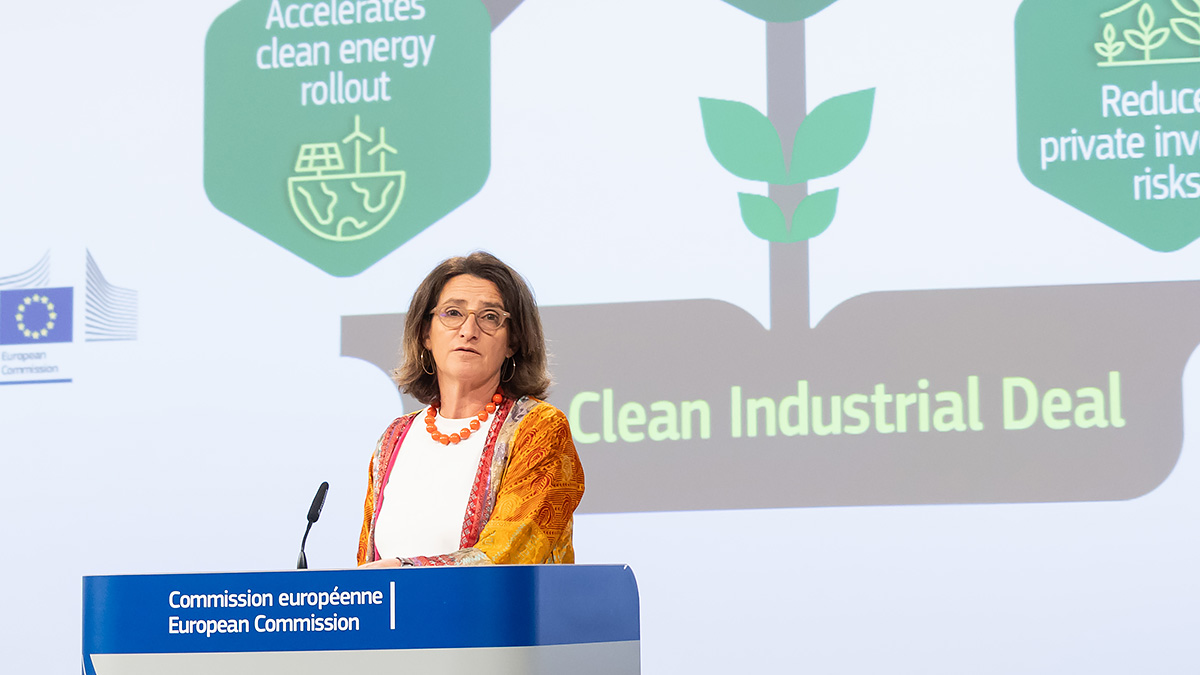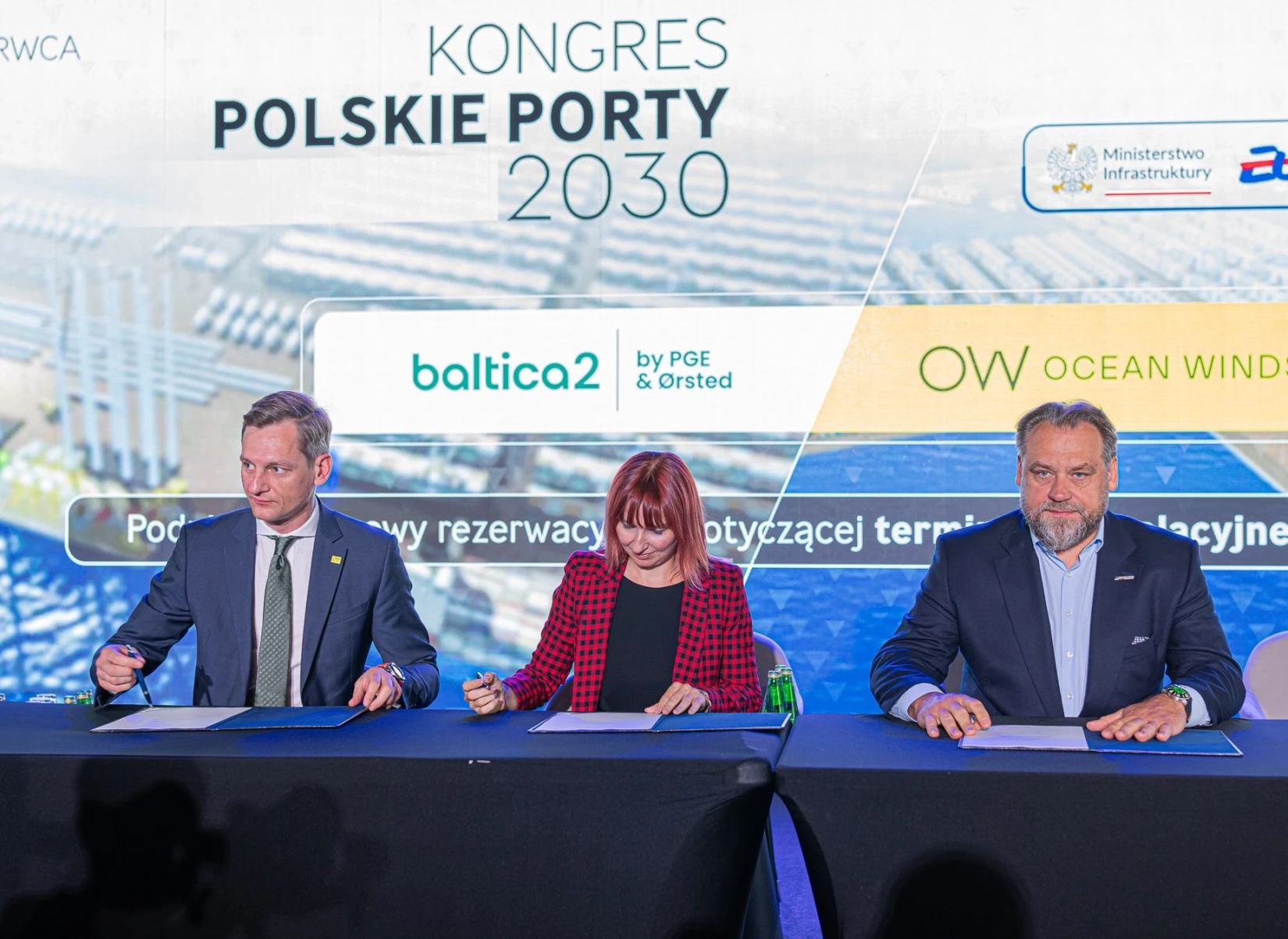Sweden’s environment ministry has focused on municipalities’ right to object to the construction of wind farms. For this purpose, a special team was set up to study the consequences of its removal or to present a different alternative. It turned out that the optimal proposal was presented against the previous concerns of many circles.
We read on the website of the Swedish Ministry of Environment that on October 14, 2020, the government initiated a special procedure in which experts were to analyze the reasons for the repeal of one of the provisions in the environmental protection code. The regulations concern the approval of a project to build wind farms by the commune. The team also aimed to identify alternative proposals in the event that this provision could not be removed, which would make wind farm projects more certain and predictable in terms of regulation.
The Swedish media reports that the results of the procedure were surprising as it brought a balanced proposal. Already at the beginning, the analysis of the issue of municipal veto for wind projects caused a lot of unrest, in particular regarding the deprivation of the possibility of local government objections to the construction of wind turbines. Moreover, the handling of the case was entrusted to a politician, former Green Party MP Lise Nordin, and not to an independent expert. The main concern was the lack of impartiality. As it turned out, these fears were wrong.
Kristinehamns-Posten reports that it was finally proposed that municipalities would still be allowed to refuse wind power projects, but that rule has been changed. Contrary to the regulations currently in force, the commune will inform about its objection, but at an early stage of the investment process, and the scope of the commune’s decision will be limited only to the use of land and water.
The new regulations show a clear difference between the municipal assessment and the review by the licensing authority. The commune decides where the development of wind power is appropriate – this decision must be based on the commune’s development and development plan, where areas for the installation of wind turbines must be indicated. A positive opinion issued by the commune is a prerequisite for submitting an application for a building permit. The licensing authority examines whether wind turbines can obtain a permit, taking into account, for example, environmental protection. This solution is to balance the interests of all parties – society, administration and investors.
As the message from the municipality is given before any work is started, situations where companies have already spent large sums of money only to receive a refusal from the municipality at a late stage of the investment are avoided.
The only negative proposal is to compensate municipalities for building wind energy. Compensation would be received for losses caused by the development of wind turbines.
Swedish media comment that a more transparent investment process is beneficial for both citizens and businesses. They praise Lise Nordin for achieving the proposal without restricting municipal self-government. “Now one can only hope that the government will follow the investigation’s proposal and that the municipalities in the country will update their zoning plans” we read in Kristinehamns-Posten.
Currently, the city veto is not the only problem faced by companies building wind farms. The Armed Forces are usually highlighted as the most difficult party to negotiate with. The Armed Forces have also received a recommendation from the government to improve the cooperation process, but wind power believes that far too little has happened on the military side.
Environment Minister Per Bolund points out that other countries have managed to build more wind power in a smaller area, which should also be possible in Sweden.
“And there is also a movement that is going in the right direction” – says Bolund about the work of the Armed Forces in the field of wind energy.













